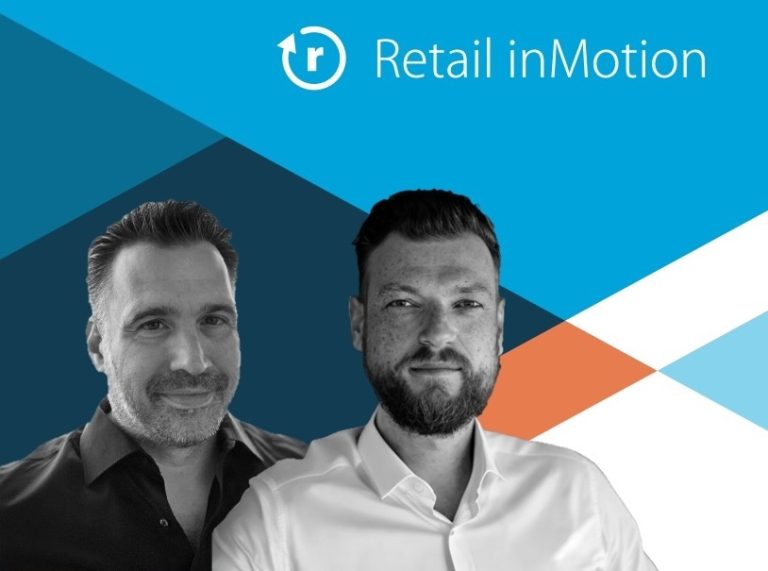Fernando Ayuso has worked as a Data Scientist for Retail inMotion since January 2017. Imagine Bill Nye working on the largest Sudoku puzzle in the world – that’s basically what Fernando does. He digs into our data to unlock insights that make our offerings better for our customers and their passengers. He spots patterns, uncovers anomalies, identifies trends and sets our company on course to make data-driven decisions.

Using data to drive better business decisions seems really important, but it seems like not a lot of companies take advantage of it. Why is that?
You are right in the importance that it has, but nearly every company is using data insights to base their decisions up to certain extent. They just need to fully engage data in those decisions, automating the decision making and see what other areas they can benefit from it. However, implementing data-driven decisions presents a number of challenges. The two most common issues are:
- Identifying clear objectives.
- Involving the business from the beginning of the project as the main stakeholder.
Usually, I’d say that the second point is the first one that companies need to tackle, i.e., having the business support projects like this. Even though the benefits of using data are clear and very logical, it proves to be a real challenge for some companies because they are not aware of the competitive edge data science can provide to their business. To be blunt, it’s hard to support something that you don’t completely understand. But, that’s exactly why it is important to develop a data-driven culture. You should dare to have a business that envisions and addresses these challenging projects from the start.
Ok, sure. Numbers are hard for some of us…so how can people confidently support them if they don’t understand?
The short answer is that companies need to develop a data-driven culture. It’s important to have a general knowledge of the capabilities of using data and spawn a culture of understanding why data is useful.
The time is now to make data science a success. Why do I say that? The term “Big data” (and I mean the term, not big data itself) has attracted as many people as it has horrified. The idea of “big data” has been somewhat of an illusion — portrayed in futuristic articles, papers and industry talks. And, to be frank, it has left behind more doubts, frustration and disappointment than revenue.
Nevertheless, something positive came out of that hype; the improved understanding of the wealth of data. IT professionals are aware of the power, value and benefits of data — data science is here to help. Data is now more manageable – and we have businesses that are hungry for data-driven information (like, Retail inMotion, for example). Now is the right time to promote a data-driven culture. This is exactly what we are growing in Retail inMotion.
This is growing at Retail inMotion? What does that mean, exactly?
Recently, we have grown our Data Analytics team at Retail inMotion. We have the skills, the most modern visualization tools and the most advanced Machine Learning packages available on the market. We have already started digging into unsolved problems, analyzing relevant experts and making internal teams and clients aware of our capabilities. We’re promoting our data-driven culture – which is key. Data science delivers.
The Data Analytics team is supported by all other Retail inMotion teams and acts as “opportunity identifiers”. We look at the processes and numbers and determine what is working, what could be improved and where can we extract insights from data. Our team has a wide diversity of roles and skills that give us a holistic view of what can be done with requests from Account Managers, Business Analysts, Developers, Managers and Product Managers.
The data-driven culture helps our team identify the “gaps” and deliver products with built-in advanced analytics. In turn, this helps our clients improve their decision-making process and, ultimately, increases in their bottom line. After all, the customer is the focus of everything we do at Retail inMotion.
In one sentence, why is data-driven culture a good thing?
At Retail inMotion, a data-driven culture already exists and is here to stay. We have no doubt that our products are getting smarter and, with the use of data, we will continue to provide superior, innovating and exciting offerings to our clients.








